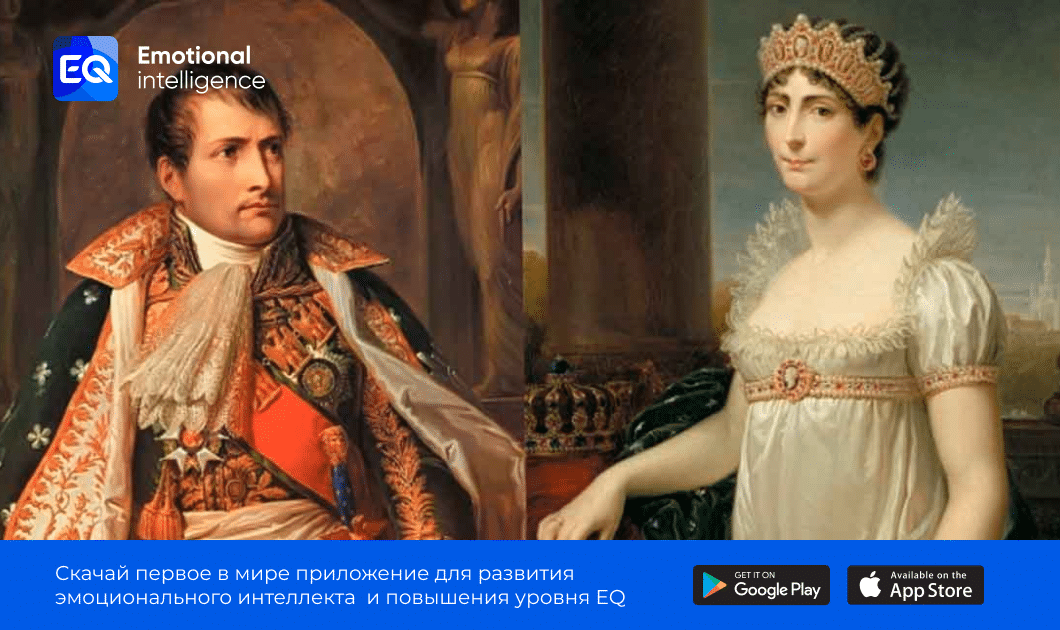Napoleon, I Bonaparte (Cor. Napulione Buonaparte, 1769-1821) is a world-famous statesman and military leader who formed the foundation of modern France. He was born on the island of Corsica, then belonging to the Genoese Republic (Italy) in a noble family.
This boy was a bully, and he didn’t have many friends, but he loved to study, he was especially successful in mathematics and geography. He is credited with a difficult character; nevertheless, he is an interesting personality. He was impeccable in his knowledge of military affairs, so he quickly became in demand, which allowed him to enter the arena of the political world. During his life, he conquered half of Europe and was twice the emperor of France. He is credited with interesting facts, such as a fear of cats and the broken nose of the Sphinx in Egypt. He could read 2,000 words per minute and had an excellent memory. His height was average, about 170 cm. However, the legend was because he was called the “little” corporal, most likely due to his young age in comparison with other employees.
Let’s go back to 1795, Theresia Talien salon, France. 26-year-old Napoleon was simply overwhelmed by the charm of the interesting and captivating, and, as he thought, the rich Josephine. In addition, he even seemed to her a very sweet and funny boy.
Josephine Beauharnais (Marie Rose Joseph Tachet de la Pagerie), having met Napoleon, was already married once, had a lot of lovers, with two children in her arms, and even 6 years older.
Napoleon Bonaparte is a very young but capable officer in the revolutionary army who successfully suppressed the royalist rebellion. He wanted to become more than just another lover for this attractive woman.
The passion and ardor of Napoleon’s feelings push him to propose marriage to Josephine and even to adopt her children. It seemed to her a very sober and profitable decision. She said yes.
Relatives did not bless this union from the very beginning.
Of course, Napoleon was disappointed to learn that his wife was spending her lovers’ money, but despite this, he continues to love her dearly with all his heart. Going on hikes, he writes her sensual letters, where he confesses that he has not yet felt the same for women.
Josephine, while staying in France, continues to lead her usual way of life – lovers, financial spending, and pleasure. He answers letters from her husband in love with short notes.
Napoleon receives news about Josephine’s ignoble deeds in his absence. He doesn’t want to believe in them. Moreover, the dear wife convinces him that she loves and is faithful. Emotionally blind and inadequate, he continues to have feelings for his wife.
Any passion fades over time. The love fever is gone. Fascinated once, disappointed. Returning home somehow, Josephine saw her scattered things at the entrance, and her husband locked himself in the bedroom and did not want to speak at all. He was furious and could not control himself. This night became a night of remorse and … forgiveness. Yes, Napoleon, who still loved Josephine, still generously forgave her. It seems that Josephine herself realized the seriousness of the situation and her misdeeds. They seemed to have changed places. Napoleon began to change his mistresses like gloves, and Josephine became imbued with romantic feelings for him. Napoleon was emotionally unrestrained, often became rude and aggressive, and did not know how to control these manifestations.
The 1804 year. Napoleon becomes the ruler of the French Empire. Now he could not afford ill-considered emotional actions, especially in the processes of government. His love and affection for Josephine are still strong, but ambition and dreams of an heir are now haunted. Years passed, and Josephine was never able to give him a son. Napoleon decides to divorce and look for a wife who will cope with the task and give birth to his heir. So happened a marriage of convenience with Maria-Louise of Austria, who bore him a son, but he was not destined to become a ruler.
The feelings of Napoleon and Josephine remained warm until the end of their days. It was more than friendship. In their correspondence, they behaved as if they were lovers separated by fate itself. Josephine remained for Napoleon the main woman in his life, despite his second wife, who nevertheless bore him a son. Josephine retained the title of Empress, the Elysee Palace, the Navarre and Malmaison Castles, as well as lifelong financial security.


Recent Comments